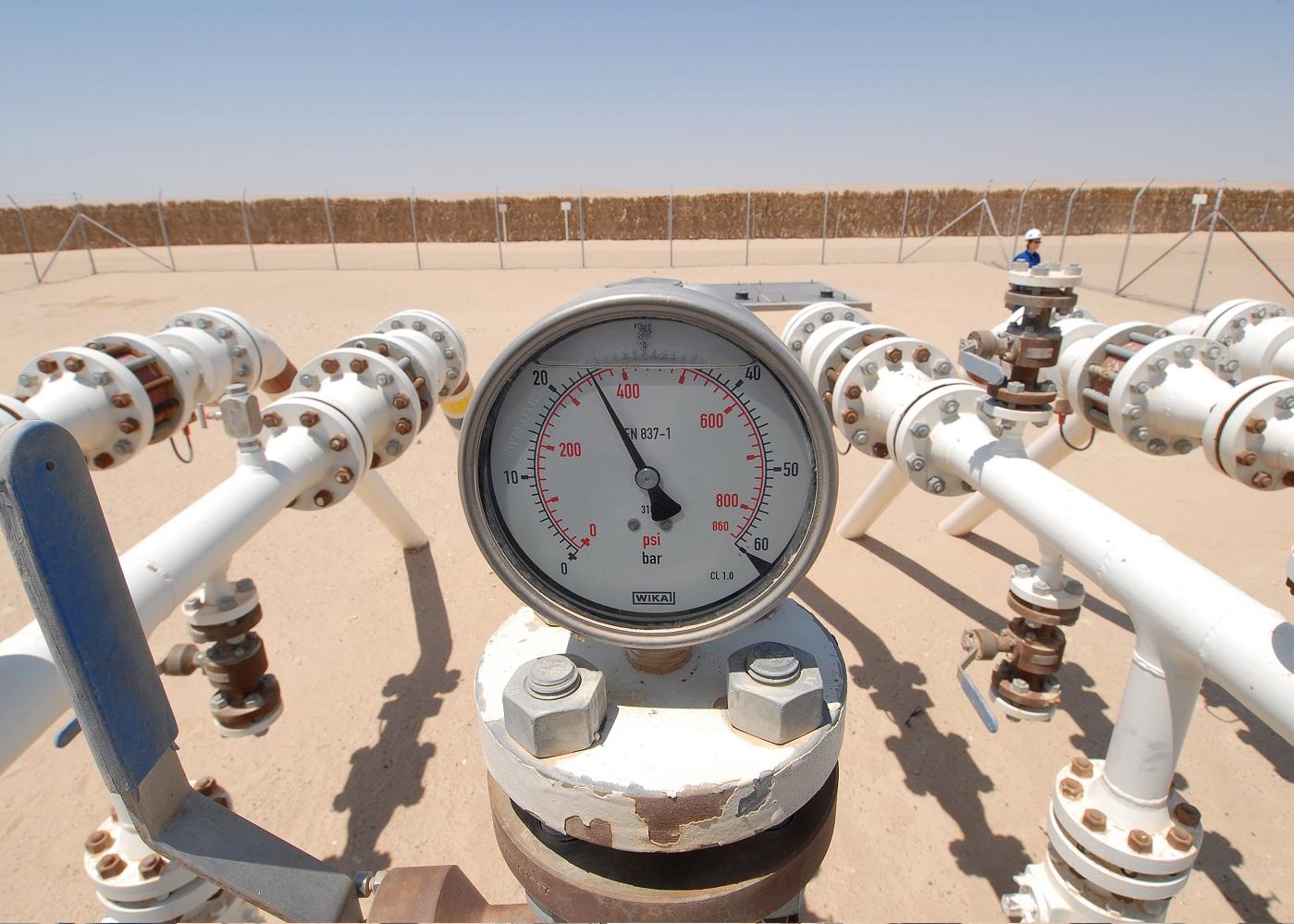

Egypt reached financial close on its first wastewater public-private partnership (PPP) project, the 250,000 cubic-metre-a-day (cm/d) New Cairo wastewater scheme, in 2010, the same year the country’s PPP law came into force.
 The World Bank’s International Finance Corporation (IFC) supported the New Cairo wastewater project. Similarly, other international funds such as the European Bank for Reconstruction & Development have lent their support to succeeding PPPs.
The World Bank’s International Finance Corporation (IFC) supported the New Cairo wastewater project. Similarly, other international funds such as the European Bank for Reconstruction & Development have lent their support to succeeding PPPs.
Egypt had awarded PPP contracts in the power and transport sectors prior to the establishment of the country’s PPP law and PPP unit, which is affiliated with the country's Finance Ministry.
These projects include the Sidi Krir substation, contracted in 1999; the Suez Canal container terminal (2000); and two power plants, one in Port Said and another in the Gulf Suez, both contracted in 2001.
PPP challenges
However, Egypt’s PPP journey has been far from straightforward, even after the promulgation of its PPP law. Political uprisings, currency fluctuation and disputes over international arbitration clauses have affected the outcome of several planned projects.
For instance, the Abu Rawash wastewater treatment plant expansion was eventually tendered and awarded as an engineering, procurement and construction (EPC) contract in 2017, after a PPP plan failed to materialise.
The Ras Sidr airport in West Sinai is another example of a struggling project. Announced in 2015, the client, Egyptian Airports Company, received two bids for the airport’s build-operate-transfer contract in 2018, but cancelled the project the following year.
IPP projects, such as the West Bakr and Ras Ghareb wind farms and Scatec solar plant, dominate the recently awarded contracts
According to the World Bank, there are 51 active PPP projects in Egypt, including schemes that are operational, with investments totaling more than $8bn. Independent power producer (IPP) projects, such as the West Bakr and Ras Ghareb wind farms and Scatec solar plant, dominate the recently awarded contracts.
Egypt signed the most IPPs in 2017, when it generated $3bn-worth of renewable energy investments. These include several contracts for the 1.65GW Benban solar park in Aswan, which forms part of the country’s feed-in-tariff programme. The overall plan for Benban is to build 32 solar plants on a PPP basis.
Projects outside the power and water sector have continued to struggle. However, the award in January of the $176m, 30-year contract for the development of a dry port in 6 October City to a consortium of El-Sewedy Electric, DB Schenker and 3A International, after a two-year bidding process, indicates that Egypt’s PPP programme could yet succeed.
> Bahrain: Manama ramps up its PPP plans
> Egypt: Mixed results for Egyptian PPPs
> Iraq: Crises and protests curb Iraq PPPs
> Jordan: Construction sector eyes PPP opportunities
> Kuwait: Corner turned on water and power schemes
> Lebanon: PPPs offer route to recovery
> Morocco: Rabat reforms legislation to spur PPPs
> Oman: Muscat risks PPP confidence loss
> Saudi Arabia: Riyadh refocuses PPP plans
> Tunisia: PPP plans draw broad support
> UAE: PPPs expected to take off in UAE
> Other GCC: Gulf state bolsters legislation to drive PPPs
REPORT: PPP in the Middle East and North Africa 2021
 Our new report provides a comprehensive review of the Middle East’s growing PPP market and the outlook for PPP projects in the post-Covid-19 world.
Our new report provides a comprehensive review of the Middle East’s growing PPP market and the outlook for PPP projects in the post-Covid-19 world.
> Understand the PPP landscape in the Mena region
> Position your business for emerging opportunities
> Identify PPP investment opportunities
> Pinpoint business opportunities for contractors, consultants and lawyers
> Understand the challenges facing PPP delivery
> Get to know key client organisations and understand their needs
You might also like...

Rainmaking in the world economy
19 April 2024

Oman receives Madha industrial city tender prices
19 April 2024

Neom seeks to raise funds in $1.3bn sukuk sale
19 April 2024

Saudi firm advances Neutral Zone real estate plans
19 April 2024
A MEED Subscription...
Subscribe or upgrade your current MEED.com package to support your strategic planning with the MENA region’s best source of business information. Proceed to our online shop below to find out more about the features in each package.







